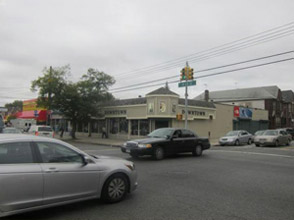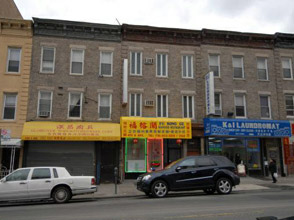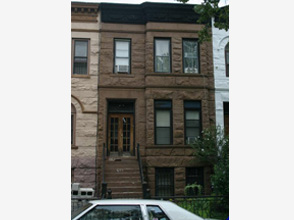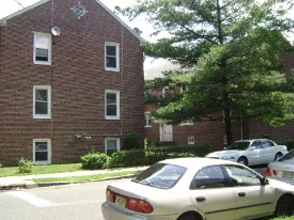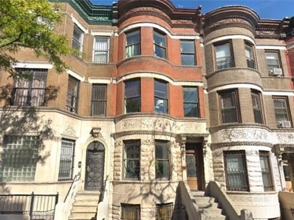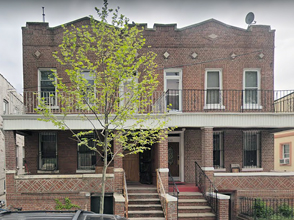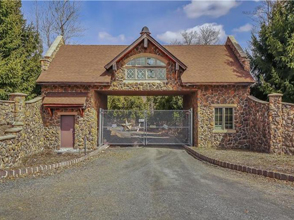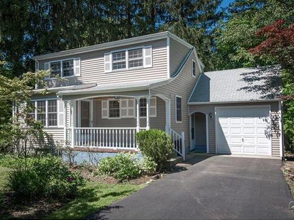-
Email:
Contact Customer Service -
Phones:
Miami:
447 50 12
Number Single National
02 4000 4 56234
-
Care centers:
Offices Cashiers Point friend
Blog & Company News
Borrowers have options when facing foreclosure
Commercial real estate properties can end up in foreclosure for any number of reasons. The owner may have had health or financial problems. The commercial real estate market may have taken a downturn due to government policies, a national issue, or a pandemic.
Some lenders might be willing to temporarily adjust terms, suspend payments or find other ways to work with you so you can keep your commercial property and they can keep collecting money. It's always worth inquiring about.
Maybe you have talked to your lender already and they wouldn't make any special arrangements for you. That means you will likely miss your next loan payment. You may have already missed a payment. When a borrower or debtor fails to pay or defaults on the mortgage loan, the bank or lending institution will start foreclosure proceedings to take back the property involved.
Aspects of the foreclosure process to know about.
Loan call
Most lenders' next step will be to "call” the loan, meaning they'll demand full repayment of the loan, pronto. A provision allowing lenders to do this at the first sign of default is standard in most commercial mortgage contracts, and it is an extreme but effective way for lenders to protect their interests.
Judicial foreclosure process
The judicial foreclosure process requires the lender to go to court and file a lawsuit against the borrower — sometimes called a notice to “cure or quit”. The borrower then has a certain amount of time usually between 20 and 30 days to file a response with the court. If the borrower is unable to show a plan for repayment, the lender wins the lawsuit, and a foreclosure judgement and order of sale is awarded to the lender. An auction date is set to sell the property and payoff the mortgage debt.
Nonjudicial foreclosure process
In some states, a lender can use the nonjudicial foreclosure process to take the property back from the borrower. State law must allow nonjudicial foreclosure, and the loan documents must include a power of sale clause. The lender is required to mail the borrower a written notice of default and post a notice of sale on the property. Then, the lender can foreclose and sell the property at auction to satisfy the outstanding loan amount.
Consequences of Foreclosure
Even if you allow the property to go into foreclosure, you won’t be able walk away from the commercial loan without consequences.
1.If you used a commercial loan to finance the sale of the property, any assets the bank lists as collateral for the loan are at risk, including your primary residence.
2. It’s also possible that the lender could sue you to recover the difference between the amount you owed on the mortgage and what they were able to recover in the sale.
3. You will likely suffer a downgrading of your credit rating.
Options to Avoid Foreclosure.
Assuming you don't have cash to pay your entire mortgage balance, you can do a few options.
Sell
If you're ready to walk away from your business, you can try to sell the property, pay off the loan and possibly pocket a bit of the proceeds if there's anything left over. This requires finding a buyer willing to pay at least the balance of the mortgage, which may not be possible if you're underwater on your loan or if commercial property investment is slow.
File for Bankruptcy
Filing for Chapter 11 protection, allows you to reorganize your debt so you can keep running your business. This is a lengthy and expensive process, however, and you'll have to demonstrate that you can realistically run the business profitably soon and ultimately pay off your debts.
Nonjudicial foreclosure process
Foreclosure Bailouts provides private commercial real estate debt financing secured by your property. We can provide the best loan rates in the market in as little as 24 to 48 hours.
Don’t let your valuable investment go into foreclosure! We can help.
Call us at 718-619-8214.


